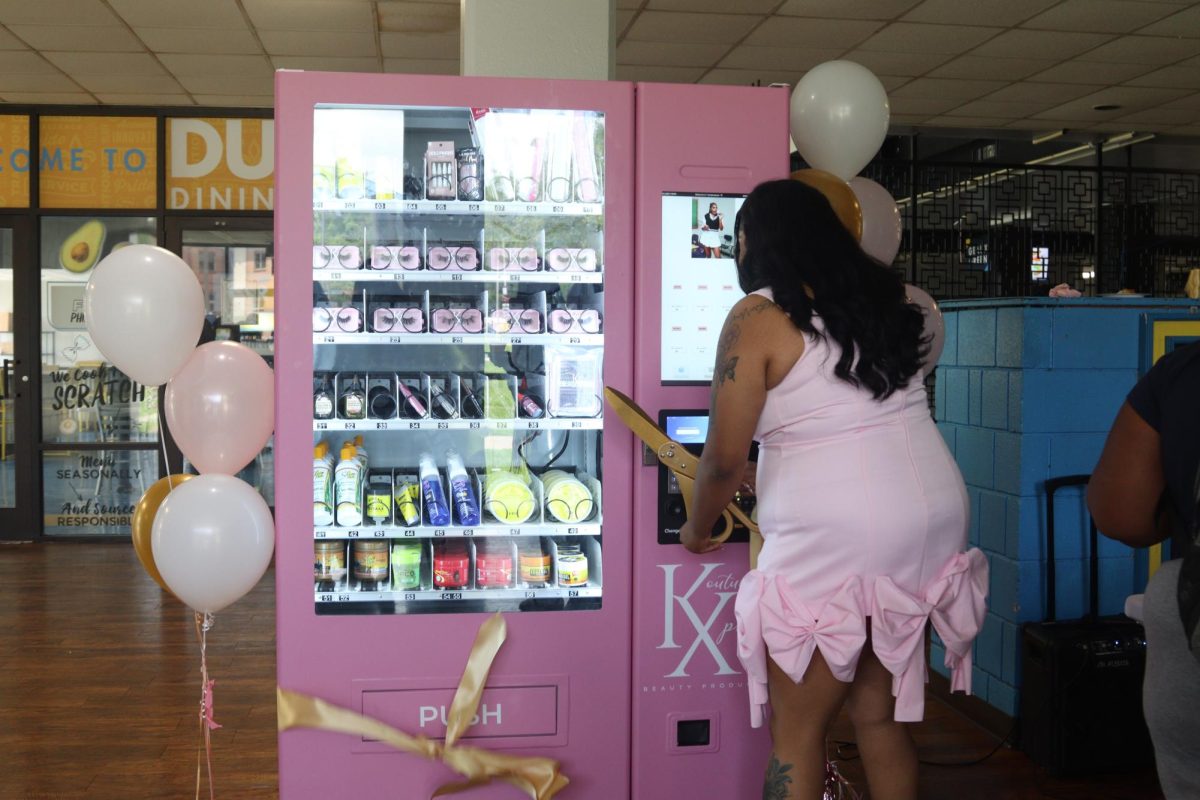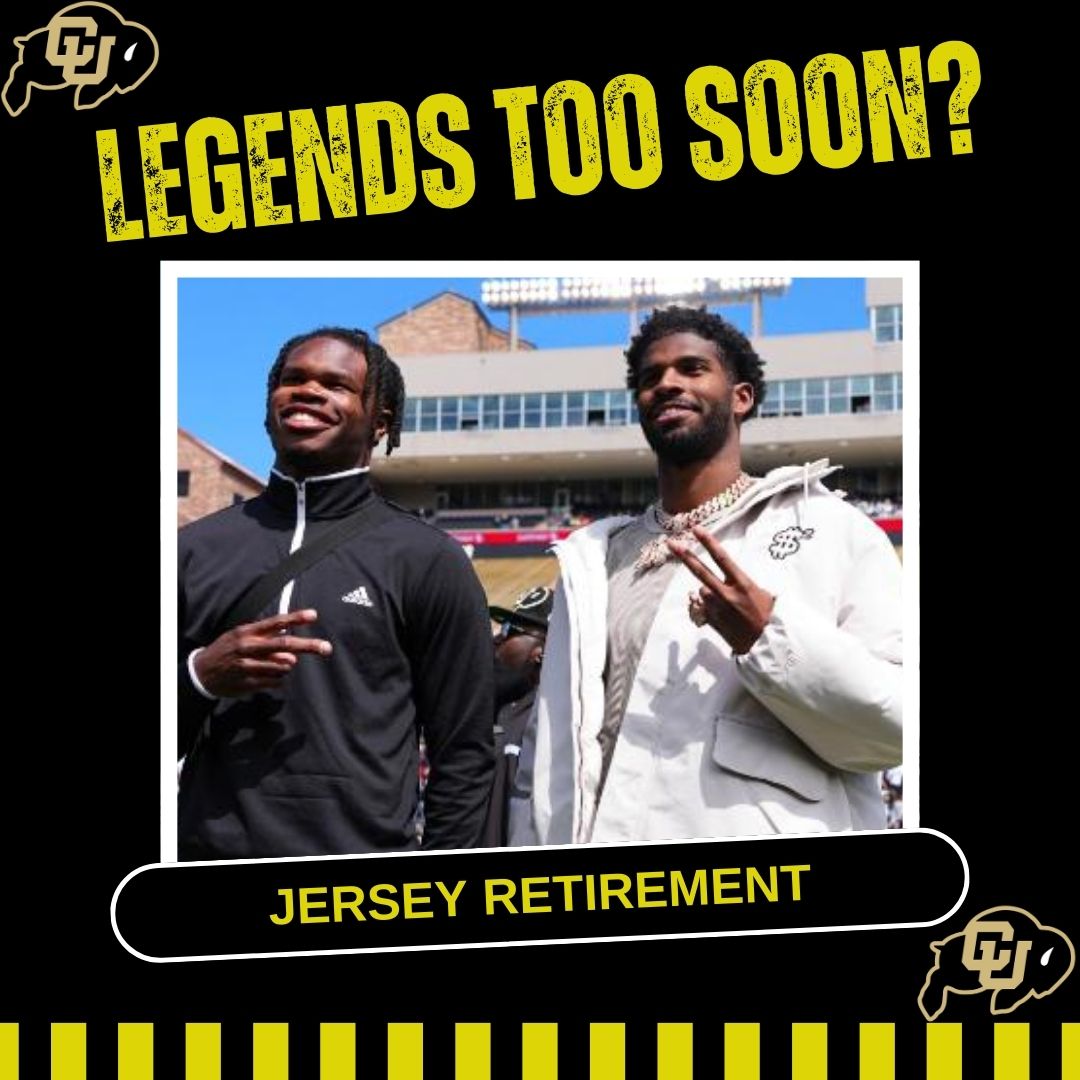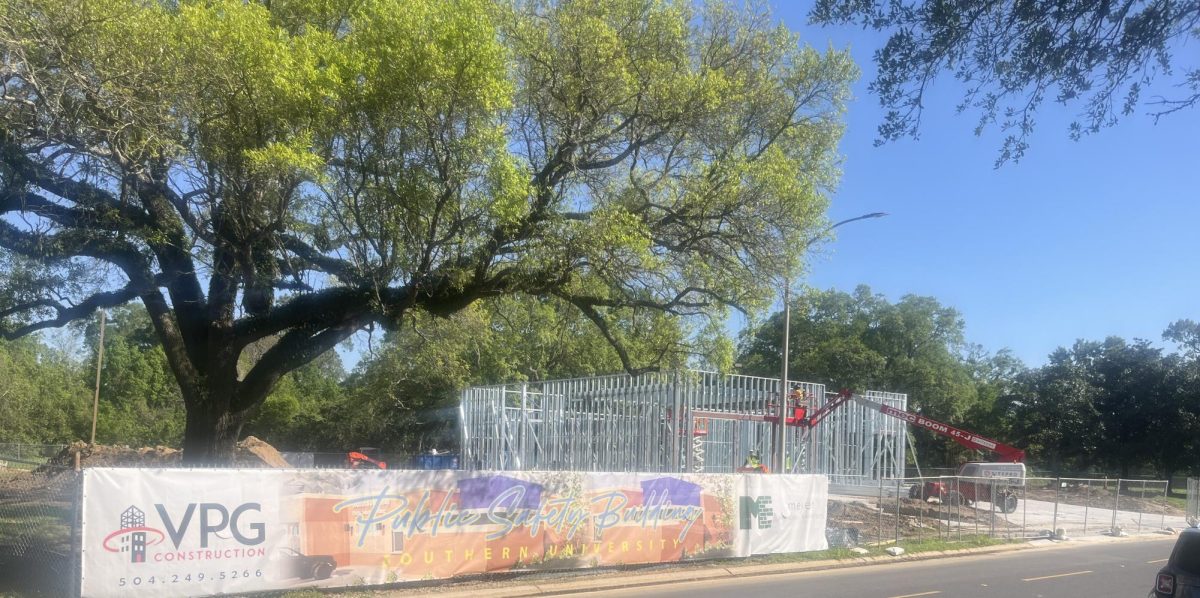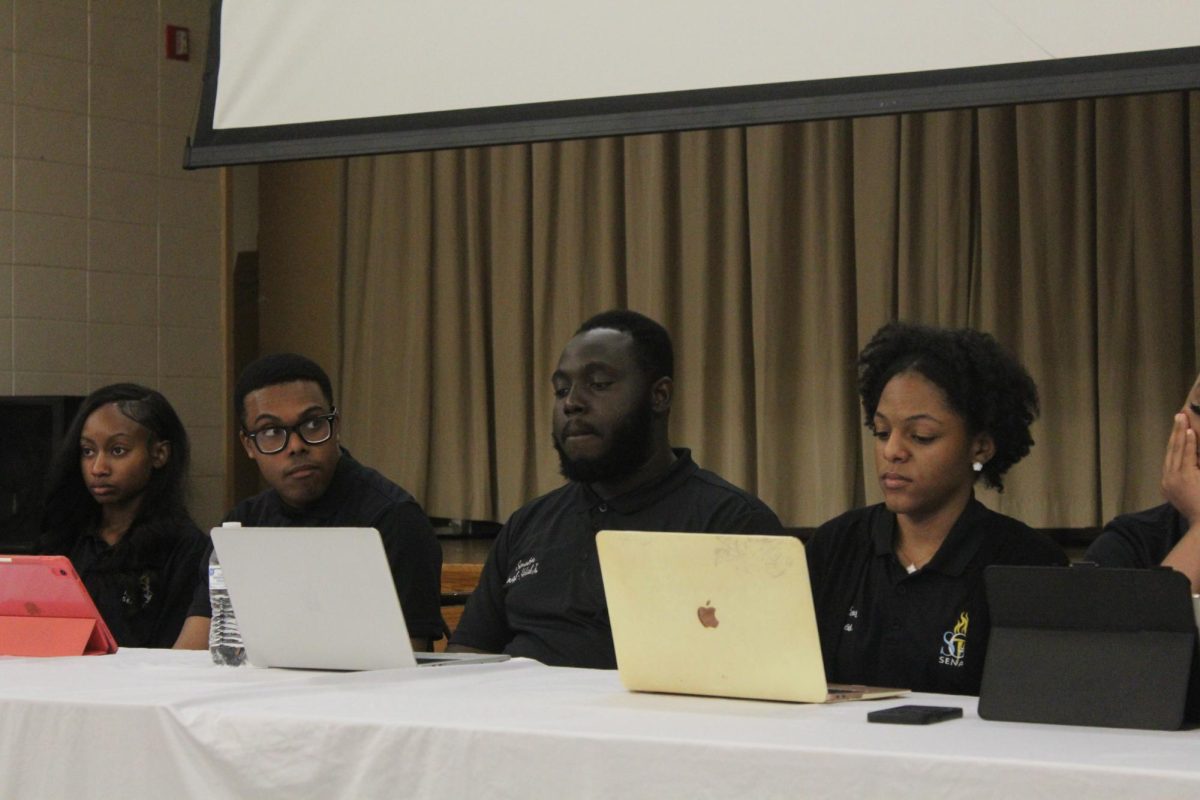Two health focused events were hosted during “Pretty Wednesday” on October 23. With it being October, Southern University’s chapter of Collegiate 100 (C100) hosted a Breast Cancer Awareness table inside the Union while members of the Be the Match program and the Sickle Cell Anemia Foundation set up a booth outside the Union.
The women of the C100 gave out pamphlets and educated students, with a particular focus on the women population, about the importance of doing a monthly self-breast examination and a yearly clinical examination. The organization also gave out pink colored treats and pink breast cancer ribbons to show support and solidarity for those individuals struggling with breast cancer. Nicole Moore, a Junior Political Science major and a member of C100, believes that the organization has an obligation to do what it can to educate students, “We’re just trying to bring more awareness towards the topic to the students. As this campus and Collegiate 100 both have a women majority, I feel that we need to do what we can to help the women on campus.”
The information seemed well received as there were multiple students lined up, getting treats, and grabbing pamphlets. Another member of Collegiate 100 and nursing major, Lia McCloyn, feels that the university could do more to assist students in detecting breast cancer earlier, “Getting more organizations to come on-campus and perform breast examinations or even providing transportation for students to the physical clinics themselves would go a long way towards combating the disease and saving lives.”
The other two organizations who hosted booths during “Pretty Wednesday”, the Be the Match program and the Sickle Cell Anemia Foundation, both educated students about the various diseases, such as sickle cell, that require patients to receive a bone marrow transplant and why it is especially important for African-Americans and other minorities to be registered inside bone marrow registries such as Be the Match. Currently, African-Americans have about a twenty-five percent chance of finding a match inside Be the Match’s transplant database while Caucasians have about a seventy-five percent chance of finding a match. This imbalance stems from the lack of African-Americans inside the database as black people are more likely to be able to donate to other black people. As an historically black college, it is imperative that as many students on campus register to increase the likely hood that someone’s life may be saved.
At any point in time, someone in the Southern University family could be in need of a bone marrow transplant. In fact, Dr. Rahim Smith of the Southern University Law School has a family member that is need of a bone marrow transplant at this very moment. The thousands of students not in the bone marrow registry represent a potential match for Dr. Smith’s family member and could mean the difference between life or death. As this exact situation is playing out across the country for thousands of families, Bre’Anna Perkins, a Community Engagement Recruiter for the Be the Match Program, wants more African-Americans to get registered as donors, “I really feel like we need to start caring about our community. It’s a really simple thing, it takes 5 minutes to get registered. All it takes is a swab of the cheek, it’s painless and it could save someone’s life.”
Categories:
Protecting and Saving Lives: Orgs. host Health Event
October 29, 2019
0
More to Discover









